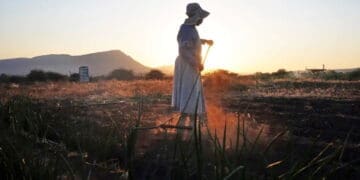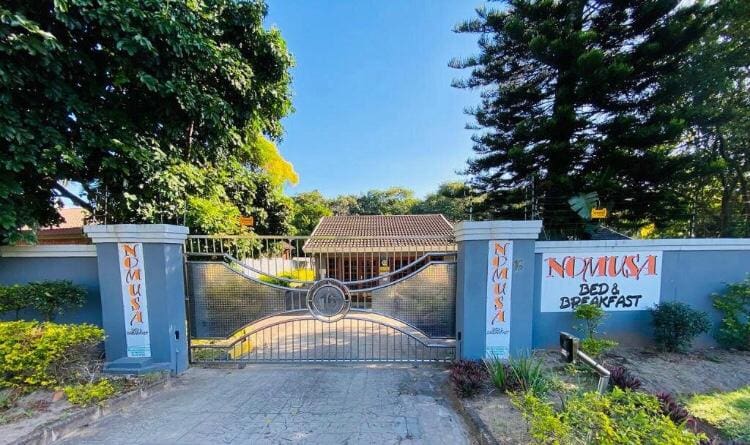The Tourism Execution Lab launched by Minister of Tourism Patricia de Lille recently, could open doors for SMEs in the sector if implemented properly.
The initiative, part of the Tourism Growth Partnership Plan, focuses on visa reforms,
coordinated destination marketing, tourist safety, tourism product development, and
job creation.
De Lille said the plan is designed to unlock the sector’s potential and contribute
directly to the Government of National Unity’s priorities of economic growth, poverty
reduction, and building a capable state.
Xolani Mthethwa CEO of Jakada Holdings, said the plan’s five priorities could open
doors if implemented effectively.
“There’s a myriad of opportunities that can be accrued if all five priorities of the Tourism Growth Partnership Plan can be implemented successfully. If the plan unlocks ease of access for tourists who wish to visit our country, more business opportunities can be created,” he said.
Mthethwa also highlighted challenges that small operators face.
“The safety of tourists is another key area of focus that can make or break the industry. The
turnaround time to grant licensing for tour operations and other services is still very
long,” he explained.
These delays are not minor industry surveys show that 71.4% of tourism service
providers have lost bookings due to visa delays, while 57.1% had cancellations
because visas were declined. At one point, the visa backlog reached 92,000
applications, illustrating the real cost of bureaucratic hurdles.
Itumeleng Seleke, CEO and operations manager of Nomusa BNB (Pty) Ltd in
Richards Bay, said the government’s push on destination marketing offers a chance
to diversify offerings and attract more visitors.
“Tourists are tired of having the same experiences. They want new and authentic experiences. Destination marketing opportunities will create more jobs in our communities,” she said.
Seleke added that SMMEs also need financial support to take full advantage of
these initiatives. “We need funding for familiarisation tours that allow us to be
showcased and give access to markets.”
“Gastronomy tourism is becoming big, and funding is needed to improve the culinary
experience for guests, making the cooking experience interactive,” she explained.
Tourism already supports 1.68 million jobs and contributes about 8.8% to GDP, but
small businesses argue that targeted support could increase their share of the
sector’s growth.
With SMEs making up around 80% of tourism businesses in South Africa, they
have the potential to drive authentic, local experiences that set the country apart.
De Lille highlighted the sector’s ambitious target of 15 million arrivals by 2030 and
stressed that youth employment and inclusive growth must remain central.
nosihle@vutivibusiness.co.za
































































